The art of asking good questions has become a game-changer in today’s world, where businesses operate across borders and cultures. With the increasing importance of navigating the complexities of cross-cultural collaboration, the ability to ask “good” questions has become more crucial than ever.
As a Cross-Cultural Communication Strategist, I have witnessed firsthand the transformative impact that effective communication can have on global teams.
What are “good” questions, you may ask? That’s a good question to start!!
There are 4 types of questions – light questions, bad questions, heavy questions, and good questions.
- Light questions break the ice. They are “getting to know you” questions, such as “Where did you grow up?” or “How was your weekend?”. People are willing to answer light questions, however, answers to light questions may not give you deep insights into this person yet.
- Bad questions freeze the ice…! They completely ignore your relationship with the other person, such as “How much money do you earn?”, or “Why aren’t you married yet?”. People are definitely not willing to answer bad questions, and you won’t receive any insights.
- Heavy questions are slightly different. They may feel “heavy” or “painful”, like “Why do you think you keep making the same mistake over and over?”. People may not be so willing to answer heavy questions, but they get the other person to think deeper, and give both of you deep insights. Therefore, heavy questions could be useful IF you have already built a trusting relationship with the other person and he/she understands your genuine intention to make things better.
- Good questions are something people are willing to answer AND both of you get insights. They allow the other person to think from a different perspective, dig deeper into oneself, look for answers within, and provide insightful answers voluntarily.
For example, if you improve the “willingness to answer” factor of heavy questions, you can turn them into “good” questions, such as, “What three actions do you think will be helpful to avoid making these mistakes?” If you improve the “insightful” factor of light questions, you can also turn them into “good” questions”, such as, “If you are to introduce your hometown to visitors, what are the top 3 reasons?”
Imagine yourself in a situation where you are advising a global team leader. This leader, aware of the diverse backgrounds and perspectives within their team, seeks your guidance on enhancing team performance. By asking “good” questions that Acknowledge and value each team member’s unique cultural perspective, they can unlock a wealth of innovative ideas and approaches. Encouraging an inclusive environment, where everyone feels heard and respected, fosters collaboration and ignites the team’s full potential.
Beyond fostering inclusivity, “good” questions also play a vital role in Analyzing the communication barriers within global teams. When team members come from different linguistic and cultural backgrounds, misunderstandings can arise, hindering effective information exchange.
As a Cross-Cultural Communication Strategist, you advise the team leader to encourage their team to ask clarifying questions, actively listen, and seek deeper understanding. These questions serve as bridges, helping team members to navigate through cultural nuances and gain insights into each other’s perspectives. As a result, communication becomes more effective, leading to enhanced team performance.
The power of “good” questions extends beyond internal team dynamics. In the global arena, teams often engage with clients, partners, and stakeholders from diverse cultures. As a Cross-Cultural Communication Strategist, you stress the importance of asking thoughtful and culturally sensitive questions. By inquiring about cultural norms, preferences, and expectations, team members can adapt their strategies and actions accordingly.
This approach not only avoids misunderstandings but also fosters trust and builds strong relationships with global partners, ultimately contributing to the team’s overall success.
Just as Ekewaka, the seasoned captain, emphasized the significance of patience and keen eyes while navigating the waves, Cross-Cultural Communication Strategists advocate for these qualities in global team leaders. The art of asking “good” questions empowers leaders to uncover hidden opportunities, leverage diverse perspectives, and cultivate strong cross-cultural relationships. It requires genuine curiosity, open-mindedness, and a deep desire to learn from others.
In the ever-evolving landscape of global business, let us recognize the profound impact that the right questions can have on cross-cultural team performance. As Cross-Cultural Communication Strategists, we equip leaders with the tools to unleash the potential within their global teams. By guiding them to ask the right questions, we empower them to navigate the intricate web of cross-cultural collaboration with finesse.
Are you a leader in a global team? How have you Adapted the power of questions to enhance cross-cultural performance? Share your insights and experiences in the comments below.
If you are seeking further guidance on cross-cultural team performance,
Together, let us embrace the power of questions and unlock the full potential of our cross-cultural teams.



